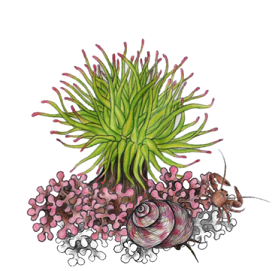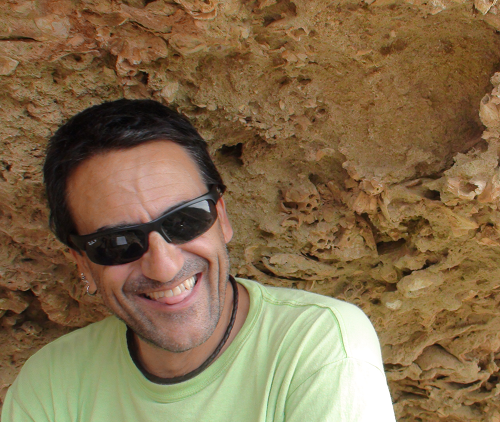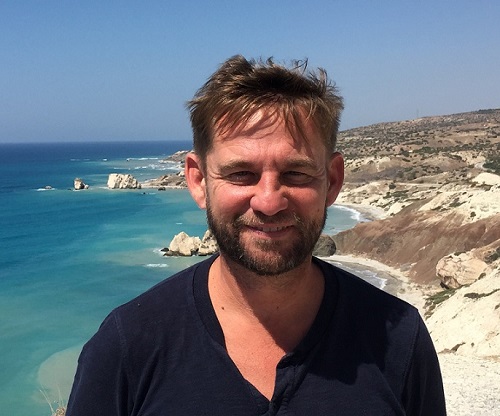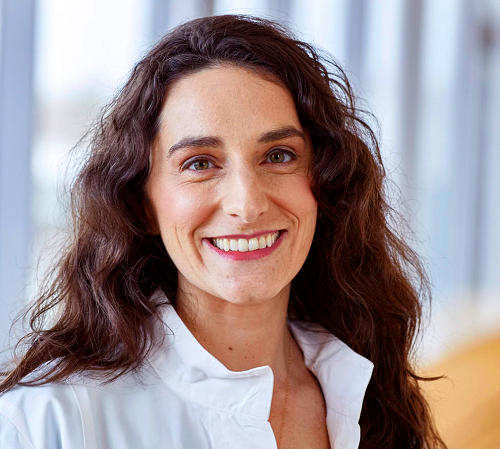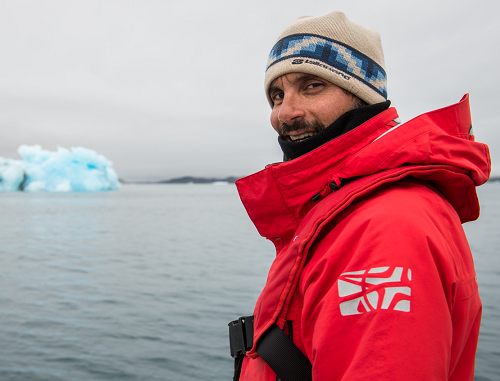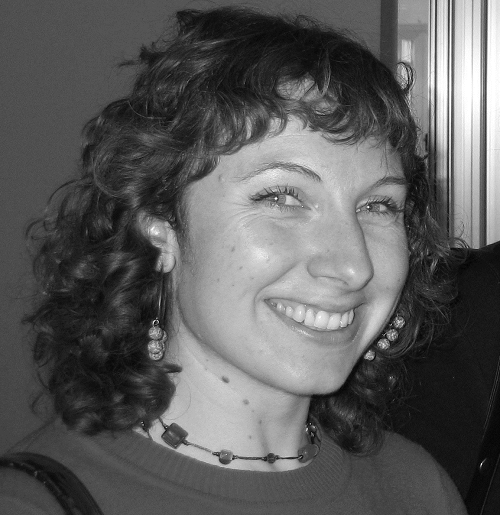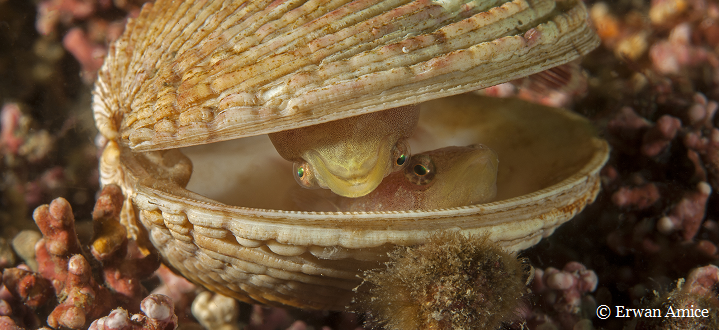Plenary invited speakersAGUIRRE Julio
Julio Aguirre is Professor at the University of Granada (Spain) in the Department of Stratigraphy and Paleontology. Julio currently works on fossil coralline algae, focusing on taxonomy, palaeoecology and evolution. A great challenge of the taxonomical research is to reconcile the palaeontological and neontological taxonomical practices, trying to use anatomic and reproductive features used for the classification of present-day corallines to identify fossil coralline taxa. On the other hand, the analyses of rhodolith morphology, coralline algal growth forms, and the taxonomical composition (relative abundance) of corallines involved in the formation of rhodoliths allow making palaeoecological inferences. Finally, the combined use of molecular phylogenies, molecular clocks, and the first record of fossil corallines in the rock record allow to reconstruct the timetree of the group. He has also analysed the palaeodiversification of corallines since the Early Cretaceous to the Recent and the extinction and recovery of the group during the Cretaceous/Paleogene boundary. ............................................................................
HALL-SPENCER Jason
Jason Hall-Spencer is Professor of Marine Biology at Plymouth University (UK). He is a field-based marine scientist and his research helped secure lasting protection for some NE Atlantic maerl beds, deep-sea coral reefs and flame-shell reefs. He did his PhD on coralline algae in Scotland but he is now a ‘Jack of all trades’ - mainly teaching but also supervising projects on ocean acidification, Ballast water treatment, oyster beds and a Mediterranean lionfish invasion. ............................................................................
HOFMANN Laurie
Laurie Hofmann is scientist at the Max Planck Institute for Marine Microbiology in Bremen (Germany). She is a phycologist that focuses on the impacts of global and local stressors on calcifying algae, which provide important habitats in coastal environments around the world. As an NSF Ocean Sciences International Postdoc Research Fellow at the Max Planck Institute for Marine Microbiology, she leads a group that is focusing on rhodolith bed biogeochemistry. Her work on rhodoliths is currently focusing on inorganic carbon uptake and assimilation and the plasticity of these mechanisms across latitudinal gradients. Additionally, She investigates the calcification mechanisms of rhodoliths and biogeochemical cycling between rhodoliths and their microbiomes. One of the main tools she uses in her research is microsensors to measure ion fluxes in the microenvironment of calcifying algae. This tool allows her to study small scale mechanisms as well as the interactions between rhodoliths and their biofilms.
............................................................................
KAMENOS Nick
Nick Kamenos is Senior Lecturer at the University of Glasgow (Scotland, UK) in the School of Geographical and Earth Sciences. His group's research asks questions about how the oceans are altered by the synergy between natural and anthropogenic change while trying to better determine the actual extent of global change. Global biogeochemical cycles are key interest of his group’s research which they consider in two broad groupings: ............................................................................
PEÑA Viviana Viviana Peña is a postdoctoral researcher in the BIOCOST Research Group (University of A Coruña, Spain) and in the Institut de Systématique, Évolution, Biodiversité (ISYEB, UMR 7205 CNRS MNHN UPMC EPHE) at the Muséum national d’Histoire naturelle (Paris, France). After her PhD on Iberian maerl beds, her current research aims to understand the current diversity, evolutionary relationships, and species ranges of coralline red algae at global scale. It includes the sequencing of type material preserved in natural history museums as well as new collections in topotype localities in order to bridge the gap between the DNA sequence and the type-bearing name. In addition, she is currently working on the evolutionary origin of coralline red algae inferred from multilocus time-calibrated phylogeny, and on how natural perturbations produced at CO2 seeps influenced the pattern and diversity of coralline red algae. ............................................................................
|
